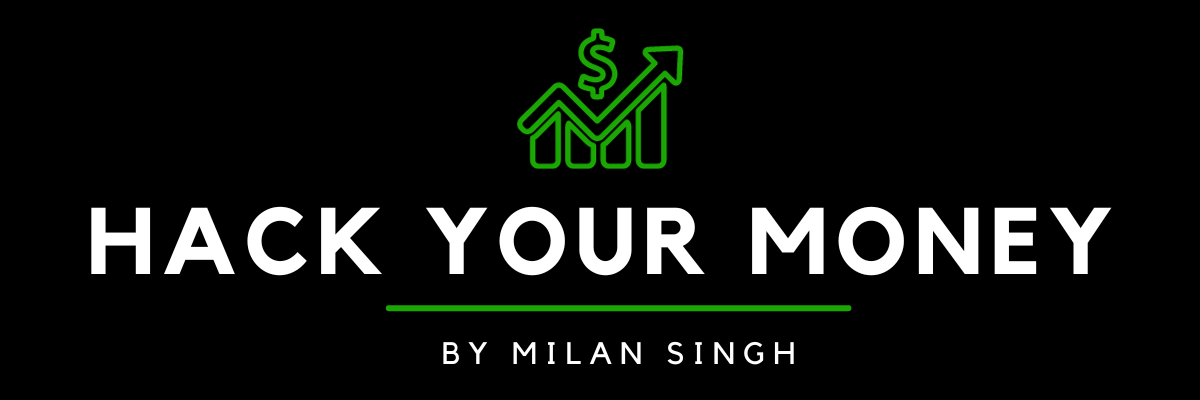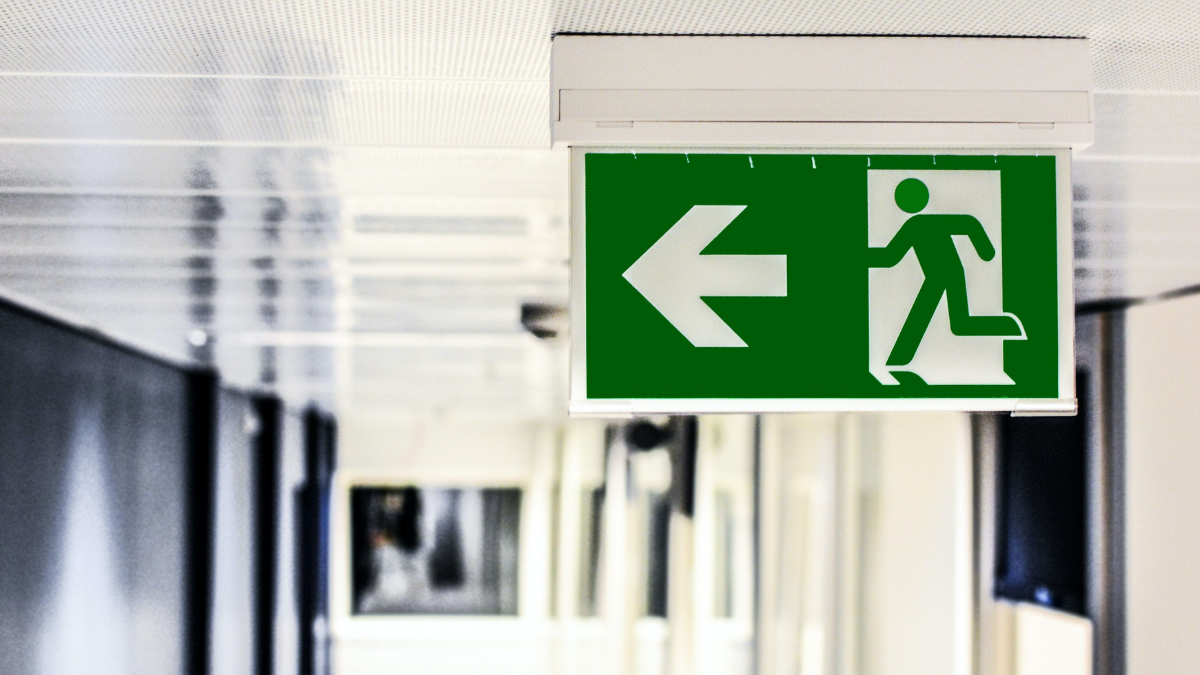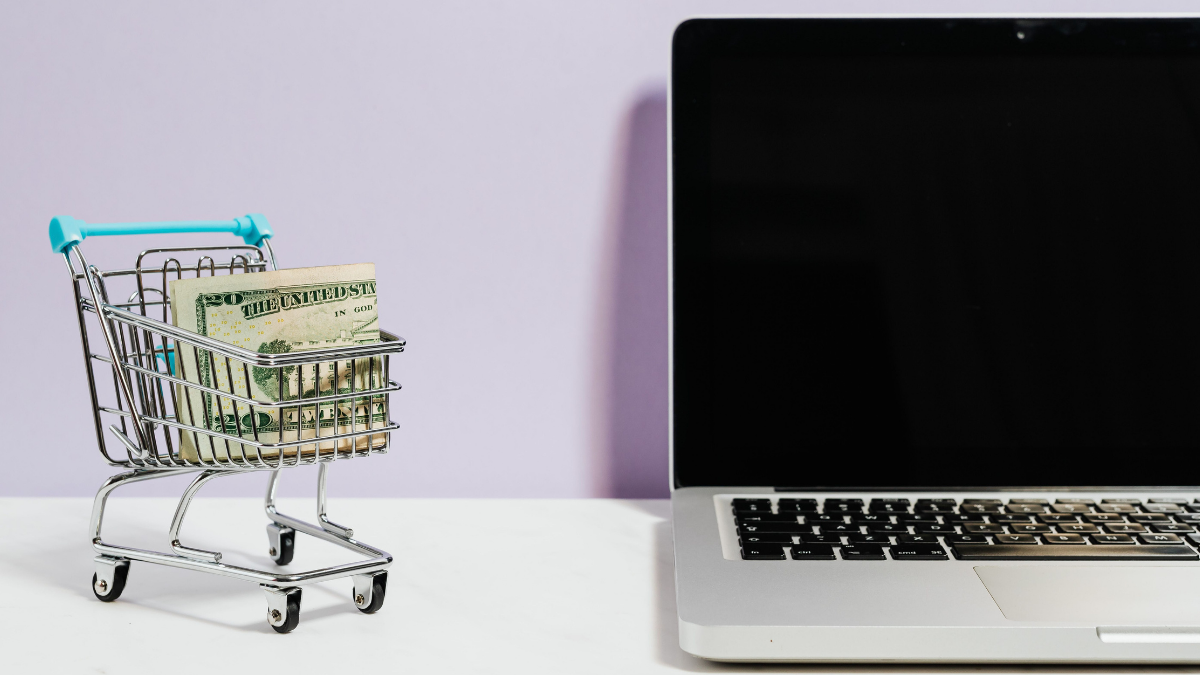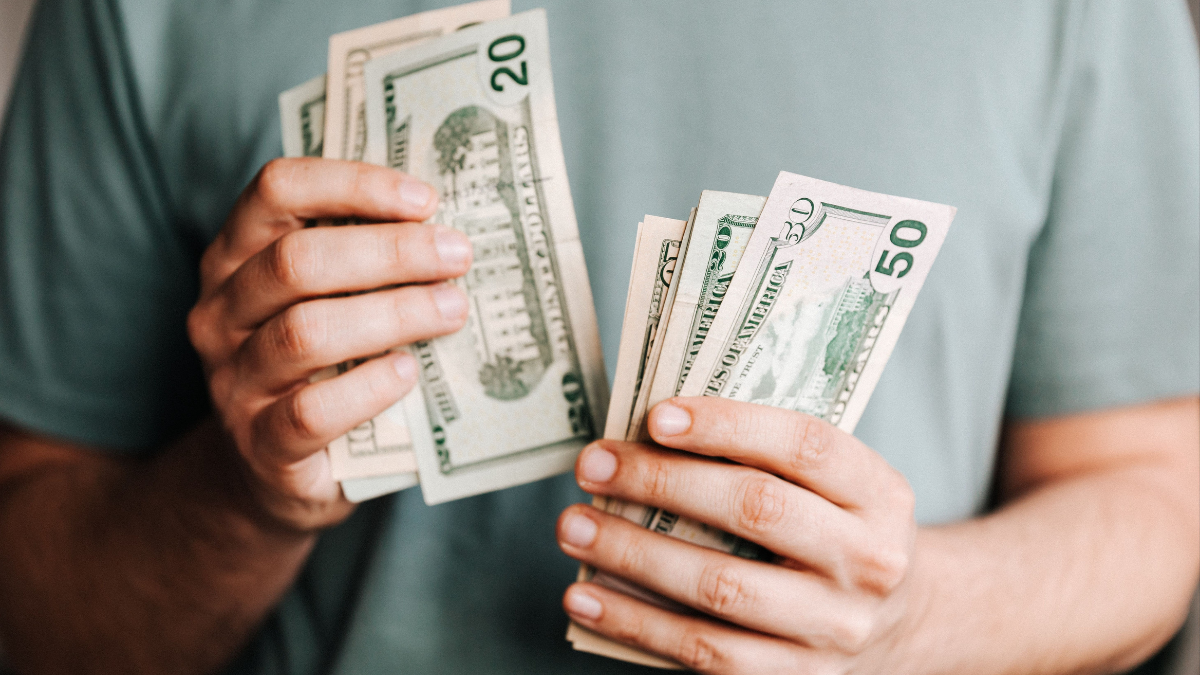💰 Calling Out #Shrinkflation
Sep 25, 2023
Your feedback on last week’s newsletter was amazing! Thank you, to each and every one of you, who sent in wishes, questions, or just said hi. Keep it coming, because I am responding to every email!
This week we’re diving into all the ways you’re losing money; from #shrinkflation to hidden fees. Companies are wired to maximize their profits but as a consumer, staying informed is important. Good thing we’re bringing you all the latest from the financial world so you can make smarter decisions every day.
It’s not just doom and gloom though. We’re also busting a latte myths (lol), breaking down money hacks, and supercharging your wealth, one step at a time. Happy Monday everyone, here’s to a killer week ahead!
- Milan
IN THE STOCKS
- S&P 500 4,361.00 (-2.89%)
- NASDAQ 14,872.00 (-2.98%)
- Dow Jones 34,238.00 (-2.06%)
*Stock data as of closing on September 22nd.
MILAN’S HACK OF THE DAY

Build Your Emergency Fund
The rising cost of living and anticipated recession have us all a little shaken. But if we take a few simple steps, we don’t have to worry too much about the backlash of an economic downturn.
The first is to hedge yourself against inflation by building an emergency fund. Put aside a portion of your income until you reach 3 - 6 months' worth of expenses. This will act as your buffer for a rainy day. Pro tip: put this money away into a High Yield Savings Account so you can make more money on your savings and start building wealth.
THE MONEY BREAKDOWN

“Shrinkflation”
Have you noticed how a trip to the grocery just doesn’t feel as fulfilling anymore? Prices have gone up and you’re not the only one who’s noticed that everyday products keep getting smaller. With rising production costs, manufacturers have shrunk the size of everyday products without notifying customers.
Shrinkflation has hit stores worldwide but France isn’t having it anymore. Supermarket chain Carrefour has officially started labeling products that have risen in price and contracted in size. Name and shame? We can get behind that.
IN THE KNOW

Are You Paying Enough Attention to Hidden Fees?
Over the decades, the internet has become a haven for hidden fees. You tell yourself you’ve found a good deal and as you go to check out, boom, taxes, convenience fees, and service fees drive your total up. You may dismiss these fees because you simply consider them the cost of a service but it’s actually a tactic companies use to confuse consumers.
With the rise of online shopping, price comparisons have become much easier for the everyday customer. A search engine can help you pick the cheapest airfare in 3 minutes. This is why companies started pricing their services at base prices, tacking on any additional charges at the very end, once the purchase decision has already been made. I mean, once you visualize yourself sipping champagne in first class, there’s no turning back, no matter how expensive the “processing fee” is.
In good news though, President Joe Biden has made combatting hidden fees a priority. Under his purview, multiple companies have been convinced to display all-in pricing, saving consumers the hassle of extra charges.
But what’s one more thing you can do to avoid hidden fees? Make your purchases in person. Whether it’s concert tickets or milk, head out of your house for some sunshine, exercise, and the satisfaction of not having to pay another service fee again.

The Failing Promise of Payday Loans
According to the Federal Reserve Board, only 37% of American adults are able to cover a $400 emergency expense. A majority of us are strapped for cash, that’s a no-brainer. But the latest solution for it being pushed by companies may be more problematic than we think.
For a fee, ‘wage access apps’ now allow consumers to withdraw a portion of their salaries before payday, with the promise of returning the money as soon as their cheques are deposited. The fee that is charged can range from less than a dollar to $20. In theory, this sounds great, but in practice, it’s a little more complicated than that.
Companies are using loopholes to wiggle out of laws that protect consumers. According to California’s Department of Financial Protection and Innovation, on average, wage access apps charge over 300% in annual interest (APR). So we may think that a $5 fee is a reasonable ask for their service, but when it stacks up, these companies are definitely exploiting you.
So how can you walk away from predatory pricing like this? Follow my step-by-step guide to making, saving, and managing your money. Get them now at milansingh.co/hacks
To learn how to build an emergency fund, scroll up to our Hack of the Day and refresh your memory

Would You Pay To Return Your Online Orders?
For many years, online purchases were made without a second thought. Returns were just as easy as purchases and all was well in the online shopping world. But as the internet evolved, so did companies alongside their returns policies.
In the latest downturn of events, fashion giants like H&M and Zara have started charging for returns. When online shopping boomed during the pandemic, so did online returns, putting an extra cost on companies already struggling to function in a volatile market. The increased number of delivery trucks incessantly running up and down were also labeled terrible for the environment. In hindsight, our careless shopping habits may have had a bigger impact than we anticipated.
In the UK, H&M is making customers pay £1.99 for all returns, both online and in stores unless you are an H&M Member. In the US, they’re charging $6 for online returns, but in-person returns remain free. Retail experts say these charges are likely to catch on across the market, leaving consumers accountable for their actions.
So unless you want to make a trip to the store every time you want to make a return, it’s time to put down your credit cards and remove a couple of ‘maybes’ from your shopping cart. Online shopping’s hour of reckoning is here and we're eager to hear what you think about it. Let us know by hitting reply to this email
MONEY MYTH OF THE DAY

If You Want to Buy a House, Stop Buying Lattes Everyday
Finance gurus have been advising the younger generation to cut back on little luxuries if they ever want to be financially successful. But a quick economic eval will show you that forgoing your breakfast bagel is hardly going to make an impact on your real estate prospects.
Let’s take a look at the financial world over the past 20 years. Are the repercussions of a global pandemic, multiple financial crises, escalating costs of living, and a crashing real estate market really going to be solved by cutting back on a latte a day? We beg to differ.
So don’t get your lattes in a twist with this myth. If you want to learn how to build wealth, put your name on the waitlist for our Hack Your Money course here: milansingh.co/hack-your-money-
VIDEOS YOU MAY HAVE MISSED THIS WEEK
Here are the top videos you loved the most this week. Which one was your favorite?


